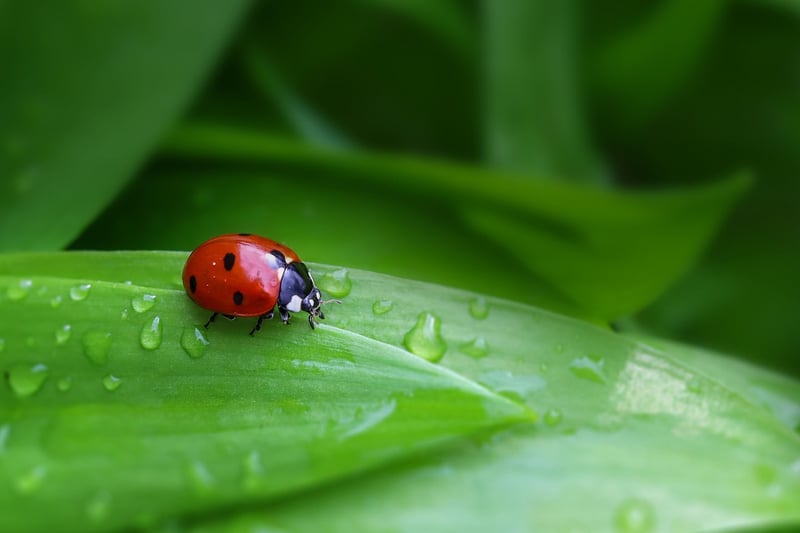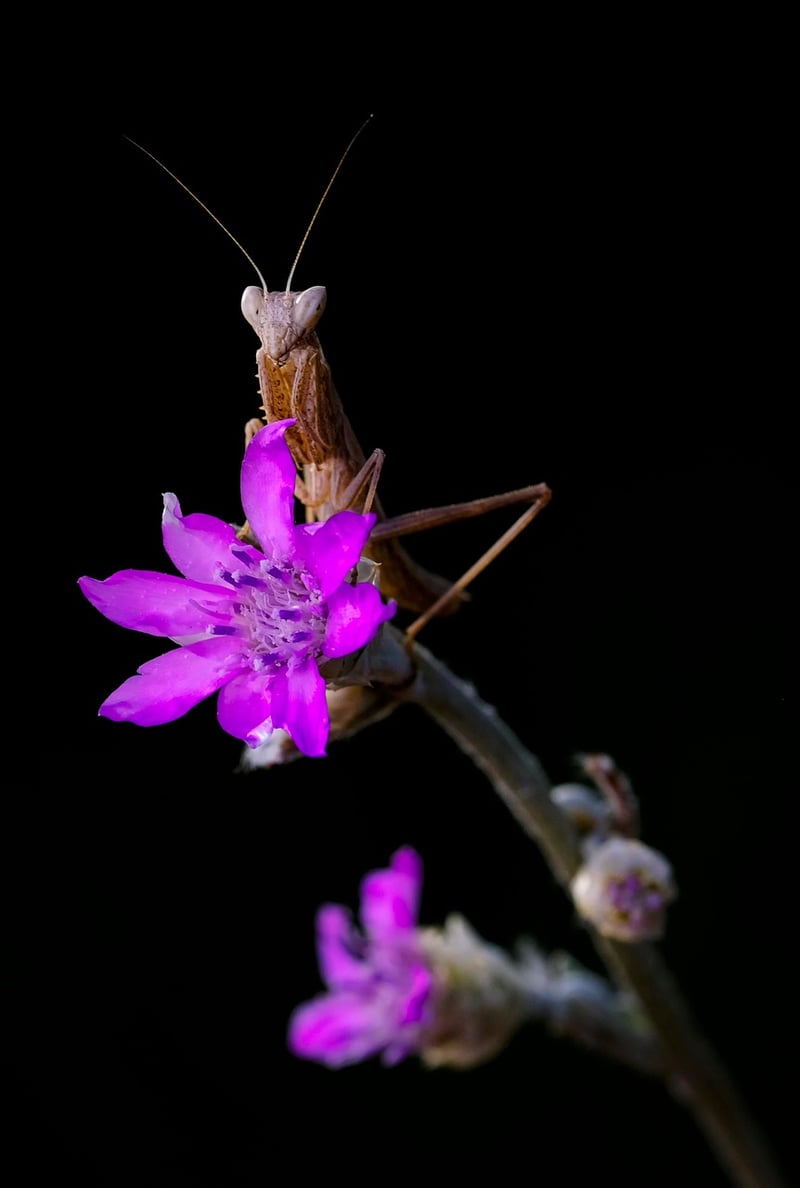Beneficial Insects
Managing Pests Sustainably with Beneficial Insects
Pests can wreak havoc on plants and crops, causing damage and reducing yields. While chemical pesticides have traditionally been used to control pests, there is a growing interest in sustainable pest management practices that are environmentally friendly and safe for beneficial insects.
What are Beneficial Insects?
Beneficial insects are insects that prey on or parasitize pests, helping to keep their populations in check. By introducing or attracting beneficial insects to your garden or farm, you can reduce the need for chemical pesticides and promote a healthy ecosystem.
Common Beneficial Insects
- Ladybugs: Ladybugs feed on aphids, mealybugs, and other soft-bodied insects.
- Praying Mantis: Praying mantises prey on a wide range of insects, including caterpillars and beetles.
- Lacewings: Lacewing larvae feed on aphids, thrips, and other small insects.
- Parasitic Wasps: Parasitic wasps lay eggs inside pest insects, eventually killing them.
Attracting Beneficial Insects
There are several ways to attract beneficial insects to your garden:
- Plant Diversity: Grow a variety of plants to provide food and shelter for beneficial insects.
- Reduce Pesticide Use: Minimize the use of chemical pesticides that can harm beneficial insects.
- Provide Water: Place shallow dishes of water in your garden for beneficial insects to drink from.
- Build Insect Hotels: Create structures like insect hotels to provide nesting sites for beneficial insects.
Benefits of Using Beneficial Insects
Utilizing beneficial insects in pest management offers several advantages:
- Environmentally Friendly: Beneficial insects help control pests naturally, reducing the need for chemical pesticides.
- Cost-Effective: Once established, beneficial insect populations can help maintain pest control without ongoing costs.
- Preserves Ecosystem Balance: By promoting biodiversity, beneficial insects contribute to a healthier ecosystem.
By incorporating beneficial insects into your pest management strategy, you can achieve sustainable control of pests while supporting a thriving ecosystem in your garden or farm.


